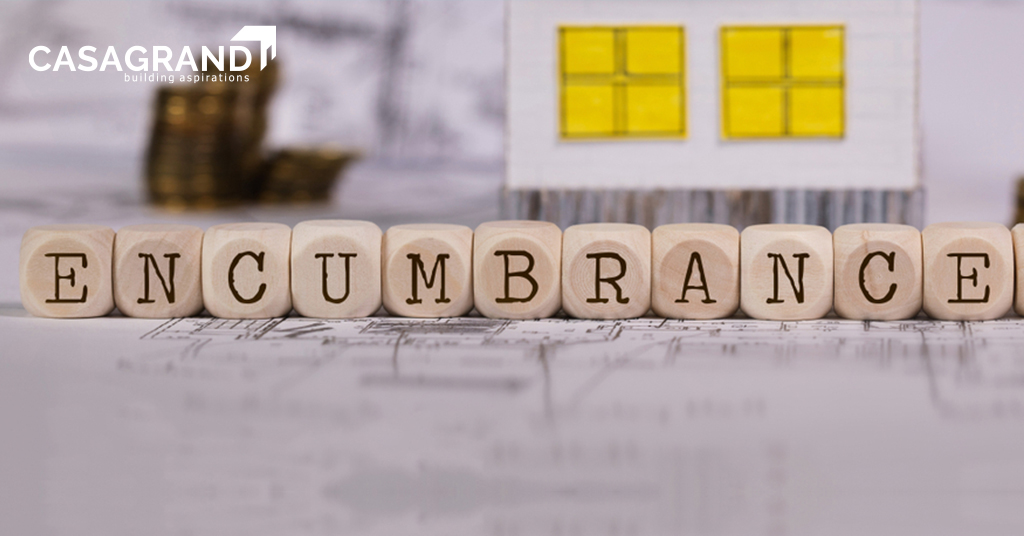For many homebuyers in India, purchasing a flat is not just about securing a place to live; it’s a significant financial investment with long-term implications. Among the various legal and technical terms involved in real estate transactions, one that often confuses is UDS, commonly referred to as Undivided Share in flats or apartments. But what exactly does UDS mean? Is it something buyers should be concerned about? Could it pose legal risks down the line?
Understanding the meaning of UDS is essential for anyone looking to make a secure and informed property purchase. In this blog, we’ll break down the full form of UDS, its importance in property ownership, and guide you on how to safeguard your investment.
What is UDS? Understanding Its Full Form and Meaning
The UDS refers to the proportionate share of land that a flat owner holds in a residential apartment complex.
When you buy a flat, you’re not just purchasing the physical unit; you’re also entitled to a share of the total land on which the building is constructed. For instance, if a plot of land measures 10,000 sq. ft. and has 10 equal flats, each flat owner will have a UDS of 1,000 sq. ft. This share is undivided, meaning you do not own a specific section of the land; you co-own the entire parcel with other residents.
Why is UDS important in Real Estate?
The concept of UDS in real estate is critical because land appreciates over time, whereas the value of the built-up structure may depreciate. Thus, your Undivided Share of Land significantly contributes to the long-term value of your property. Moreover, your UDS determines your entitlement during property redevelopment or resale.
Is UDS in Flats Risky?
UDS in apartments or flats is not inherently risky, but issues may arise if it’s not handled correctly. Here are some common concerns:
- Ambiguous or Incomplete Documentation
In some cases, sales agreements may not clearly define the buyer’s UDS, leaving room for future disputes. Always ensure your sale deed includes specific details about your UDS in the flat.
- Improper UDS Allocation
Builders might incorrectly allocate land shares, especially in older buildings or non-compliant projects. This could impact your legal rights later.
- Over-selling of UDS
In unethical practices, some builders sell more UDS than the total land available, which can lead to legal complications or invalid ownership claims.
- Complications During Redevelopment
Your share in the redeveloped property is directly linked to your UDS. An inaccurately recorded UDS may lead to lower entitlements or disputes among flat owners.
How to Safeguard Your UDS Ownership?
To protect your investment, it is crucial to take the following steps:
- Legal Verification: Always check the property’s title deed and confirm that your UDS is clearly mentioned.
- Understand the UDS Calculation: Ask for a breakdown of how your UDS has been calculated.
- Hire a Legal Expert: Engage a property lawyer to review all legal documents, particularly when buying in under-construction projects in Bangalore, Chennai, Hyderabad, or any other city.
- Builder Due Diligence: Always research the builder’s track record. Choose only those with a reputation for transparency and legal compliance.
- Review the Land Agreement: Ensure the entire land is in the name of the builder or the landowner before you commit.
How UDS Impacts Resale Value and Inheritance
Understanding your Undivided Share of Land is not just important at the time of purchase but also plays a key role in future resale and inheritance matters.
- Influence on Resale Price
When homebuyers decide to sell their flat, the UDS percentage directly affects the property’s market value. Flats with a higher UDS tend to attract better resale prices because they represent a larger share of the land asset.
Other homebuyers often consider UDS alongside built-up area when evaluating a property’s overall worth.
- Impact on Inheritance and Succession
For homebuyers looking at long-term investment, UDS forms part of the estate that will pass on to heirs. During inheritance, your home and the corresponding UDS share legally transfer to your family members.
Proper records are essential to avoid disputes among heirs when ownership is passed down.
- Importance of Updating Records
Homebuyers should keep their UDS records updated with local authorities, especially after redevelopment or changes to the property, to maintain clear rights and prevent issues during resale or inheritance.
UDS in Under-construction Projects
When investing in under-construction projects in Bangalore or other fast-growing cities, UDS becomes even more crucial. Since the project is still in development, buyers must rely heavily on documentation and promises. Here’s what to look out for:
- A registered joint development agreement between the landowner and builder
- Properly approved building plans
- Assurance that the sum of UDS for all flats does not exceed the total plot area
- Timelines and milestones for construction completion
Verifying these aspects will safeguard your ownership rights and prevent issues down the line.
Choose the Right Brand for Peace of Mind
Understanding Undivided Share of Land (UDS) is key to owning a flat in India, as it directly affects your property’s value and security. At Casagrand, we prioritise transparency and clear legal documentation of UDS to protect your investment.
Our projects across Chennai, Bangalore, Coimbatore, and Hyderabad offer well-planned flats and villas in prime locations. Each home comes with defined UDS, verified land titles, and top-quality amenities.
This ensures your investment is secure and prepared for the future. When it comes to real estate, knowing your UDS and trusting your builder makes all the difference in building lasting value.

















